2019 BHBS Oral Presenters
We are pleased to announce that the following poster abstracts have been selected for oral presentations:
 Claudia Favari, PhD Student at the University of Parma
Claudia Favari, PhD Student at the University of Parma
Presentation | Plasma levels of phenyl-gamma-velerolactones derived from cranberry flavan-3-ols: a dose-reponse study
Claudia is a PhD student in Food Science at the Laboratory of Phytochemicals in Physiology, led by Prof. Daniele Del Rio within the Human Nutrition Unit of the Department of Food and Drugs and of Veterinary Medicine (University of Parma). Her research activity is presently focused on polyphenols and their microbiota-derived metabolites, and on the understanding of their role in human physiology.

Inah Gu, PhD Student at the University of Arkansas
Presentation | Berry phenolics and volatiles inhibit inflammatory cytokines secretion in LPS-stimulated RAW264.7 cells through suppression of NF-κB signaling pathway
Inah is a PhD student in Food Science at University of Arkansas. She received her B.S. degree in Food Science and Nutrition from Pusan National University, South Korea, and her M.S. degree in Food Science from the University of Arkansas. She works with her advisor Dr.Sun-Ok Lee, focusing on how dietary phytochemicals and bioactive components in foods and natural extracts exert human health benefits. Inah’s research aims to identify and fractionate bioactive components in different kind of berries and investigate the effects of berry bioactive compounds in chronic inflammation. She is a member of the American Society for Nutrition, and Korean-American Scientists and Engineers Association.

Natalie VandenAkker, doctoral candidate at the University of Maine
Presentation | Red raspberry (Rubus idaeus) consumption restores the impaired acetylcholine-induced vasorelaxation in the aorta of the obese Zucker rat, a model of the Metabolic Syndrome
Natalie is a current doctoral candidate in the School of Food and Agriculture at the University of Maine (2017-present), where she researches the role of red raspberries on vascular function and obesity-induced inflammation under the tutelage of Dr. Dorothy Klimis-Zacas. Natalie attended Worcester State University where she graduated in 2013 with a bachelor’s degree in biology with minors in chemistry and business and in 2015 received a master’s degree in biotechnology where she researched regenerated parsnip and carrot plants from cultured callus cells. Her professional experience in research began in 2014 at Sanofi-Genzyme a pharmaceutical company as an animal research technician and continued at TetraGenetics as a research associate where she gained experience with Tetrahymena thermophila to produce recombinant proteins. She received the Food Science and Human Nutrition program’s outstanding PhD Graduate Student Award (2018) and has served on the board of the Graduate Student Government at the University of Maine.
Poster Abstract Guidelines
Submissions are no longer being accepted for the 2019 Berry Health Benefits Symposium
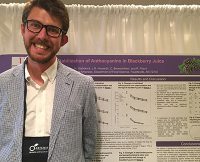 Are you a current graduate student or postdoctoral fellow? Hear our call…for submissions! The poster session is open to all academic and industrial researchers regardless of academic rank and/or training.
Are you a current graduate student or postdoctoral fellow? Hear our call…for submissions! The poster session is open to all academic and industrial researchers regardless of academic rank and/or training.
From October 15th, 2018 through to January 15th, 2019, we will be accepting abstracts for original research relating to the symposium themes of berry biochemical composition, cardiovascular health, metabolism regulation, brain aging and other health properties of berry fruits. Each abstract will be peer reviewed for content and merit, and notice of selection to share your research findings at BHBS 2019 will be issued by February 15th, 2019.
If you are a current graduate student or postdoctoral fellow you are eligible to apply for the poster and oral presentation competitions.
Abstracts will be accepted for:
Poster Presentation (20+ spots available): The most outstanding poster presented by a graduate student or postdoctoral fellow will receive a $300 award, as decided by the BHBS judging panel. Participants must cover their own travel costs and registration (student rates available).
Oral Presentation (3 spots available): NEW for 2019, 3 applicants will be chosen to give a 10-minute oral presentation (plus 5 minutes for questions) in the session that best fits their research theme. The chosen applicants will need to cover their own travel, lodging and registration costs (student rates available).
SUBMISSION GUIDELINES
– Graduate students and postdoctoral fellows can apply for both the poster presentation and the oral presentation using the same abstract. It is possible to be selected for both presentations.
– Only original research relating to the symposium theme of berry biochemical composition, cardiovascular health, metabolism regulation, brain aging, gut health and other health properties of berry fruit will be considered.
– Each abstract will be peer reviewed for scientific content and merit of the research.
– Abstracts should not be submitted if the research represented by the abstract has already been accepted for publication in a journal.
– If you submit an abstract, you must be prepared to discuss essential details of your methods and results.
HOW TO APPLY
– Abstracts must be received through electronic submission to the Junior Investigators Abstract Review Committee Chairperson: Dr. Luke Howard – lukeh@uark.edu
– Please indicate that you would like your submission considered for:
- Poster Presentation Only
- Oral Presentation Only
- BOTH the Poster and Oral Presentation opportunities
– Photocopies, facsimile, or e-mail copies will not be accepted and will be discarded.
– Abstracts will only be accepted between October 15th, 2018 and January 15th, 2019
– Submitting authors will be notified of acceptance by February 15th, 2019.
To download a PDF of the abstract guidelines, please click here.
To download a PDF of the abstract rubric, please click here.
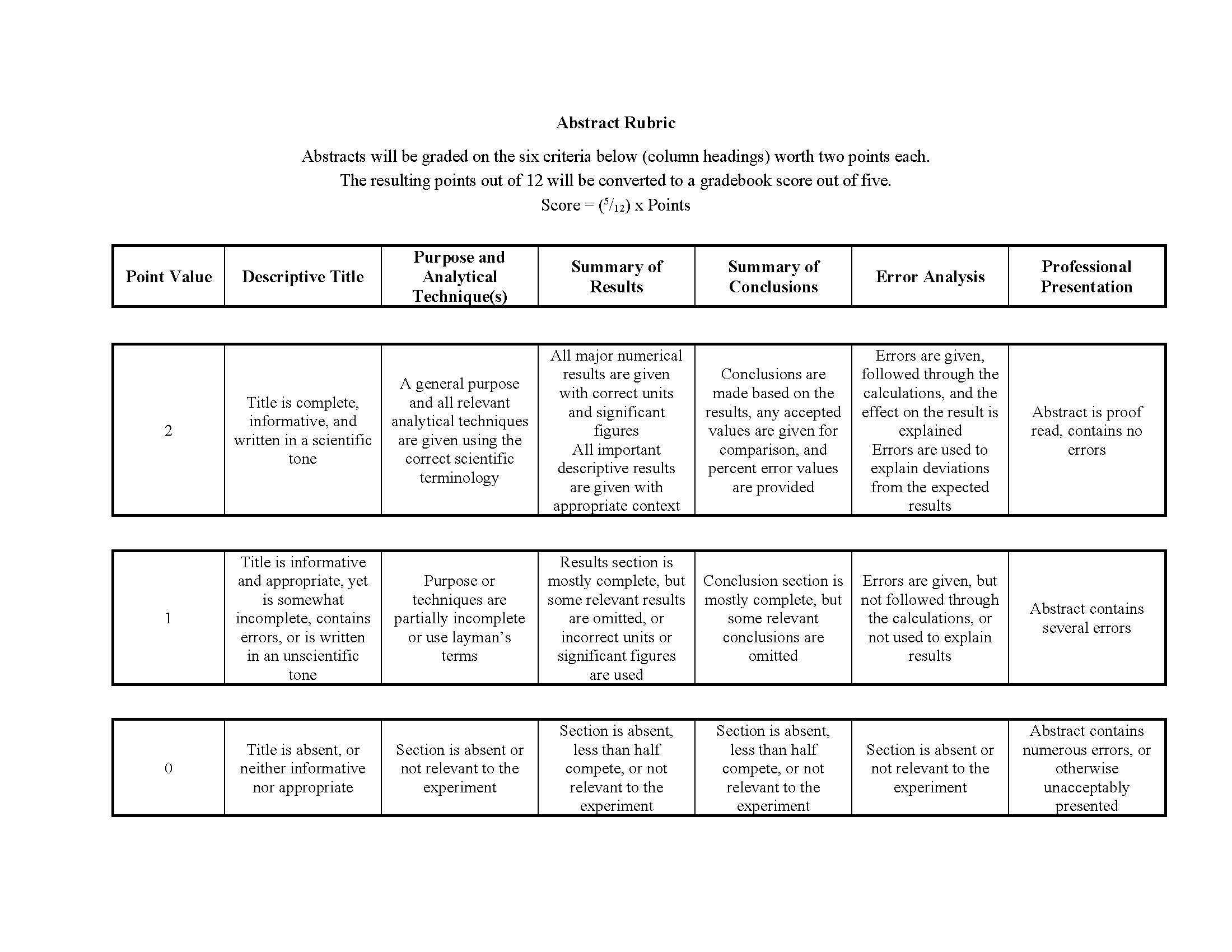
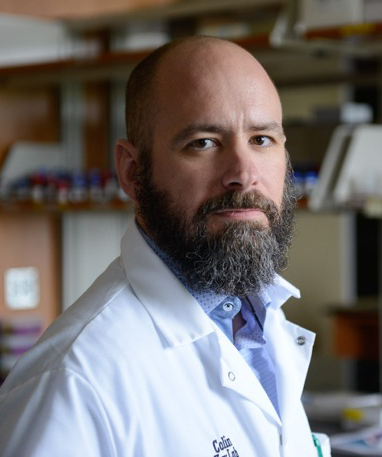
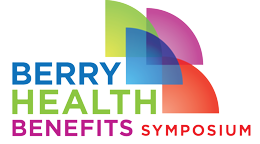
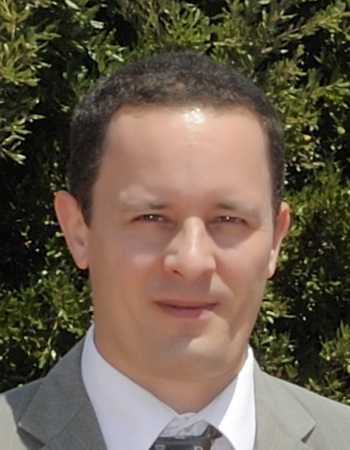


 Claudia Favari, PhD Student at the University of Parma
Claudia Favari, PhD Student at the University of Parma

 Are you a current graduate student or postdoctoral fellow? Hear our call…for submissions! The poster session is open to all academic and industrial researchers regardless of academic rank and/or training.
Are you a current graduate student or postdoctoral fellow? Hear our call…for submissions! The poster session is open to all academic and industrial researchers regardless of academic rank and/or training.